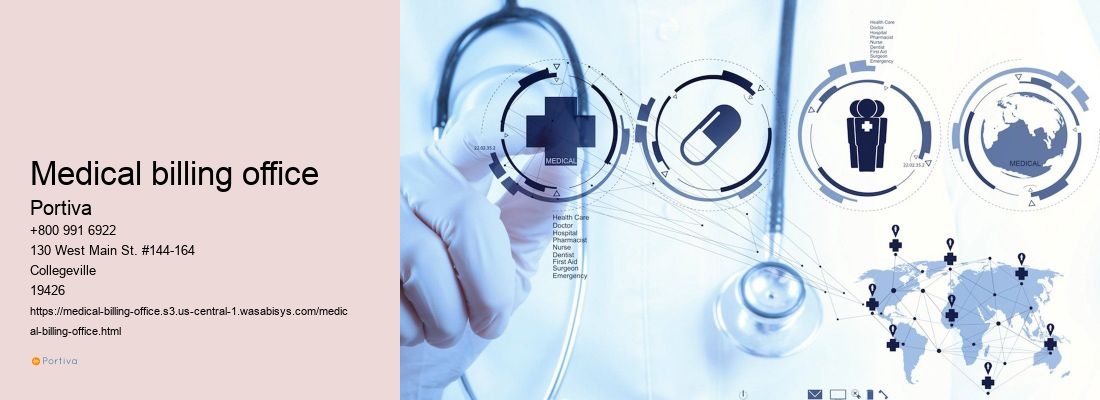




A medical billing office is a third-party service provider that manages the billing process for healthcare providers. It ensures that all clinical services are billed accurately and in compliance with insurance regulations.
A medical billing office typically offers services such as claims submission, payment posting, denial management, patient billing, and collections. They may also provide reporting and analytics to help healthcare providers better understand their billing performance.
Outsourcing billing to a medical billing office can help healthcare providers save time and money by reducing errors and improving the efficiency of the billing process. It also allows providers to focus on patient care rather than administrative tasks.
When choosing a medical billing office, healthcare providers should consider factors such as the company's experience, reputation, pricing, and technology capabilities. Providers may also want to ask for references or testimonials from other healthcare providers who have used their services.